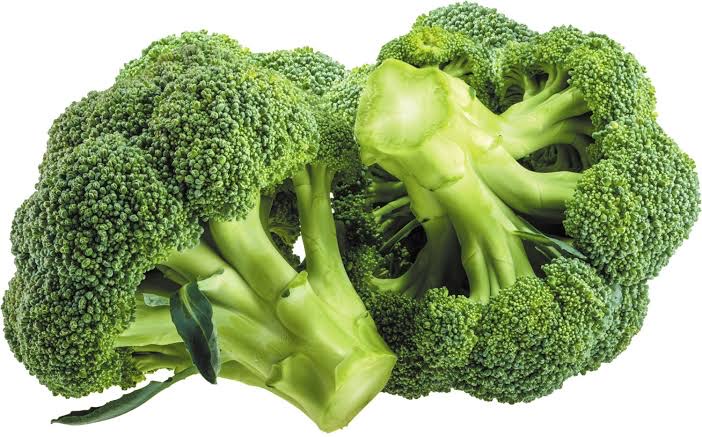Vitamin C, also known as ascorbic acid, is a vital nutrient that plays a crucial role in maintaining overall health. This water-soluble vitamin cannot be synthesized by the human body, so it must be obtained through diet. Here’s why the vitamin is essential and how you can ensure you’re getting enough.
Health Benefits of Vitamin C
1. Immune System Support:
– The Vitamin is known for its role in boosting the immune system. It stimulates the production and function of white blood cells, which are essential for fighting off infections. It also helps in the production of antibodies, enhancing the body’s defense mechanisms.
2. Antioxidant Properties:
– As a powerful antioxidant, The vitamin helps protect cells from damage caused by free radicals. This protection is crucial in reducing the risk of chronic diseases such as heart disease and cancer.
3. Collagen Synthesis:
– The Vitamin is essential for the production of collagen, a protein that supports the structure of the skin, blood vessels, bones, and connective tissues. Adequate collagen production helps maintain skin elasticity and wound healing.
4. Iron Absorption:
– The Vitamin enhances the absorption of non-heme iron (the type of iron found in plant-based foods), making it crucial for individuals who rely on vegetarian or vegan diets to meet their iron needs. Improved iron absorption helps prevent iron deficiency anemia.
5. Skin Health:
– By aiding in collagen production and acting as an antioxidant, The vitamin helps keep the skin healthy and youthful. It can reduce the appearance of wrinkles and improve skin texture.
Sources of The Vitamin
Incorporating a variety of vitamin C-rich foods into your diet is the best way to ensure adequate intake. Here are some top sources:
1. Citrus Fruits:
– Oranges, lemons, limes, and grapefruits are well-known for their high vitamin content. A single orange can provide over 70 mg of the vitamin, which is more than the recommended daily intake for adults.

2. Berries:
– Strawberries, blueberries, raspberries, and blackberries are excellent sources of vitamin. One cup of strawberries provides about 89 mg of vitamin.

– Kiwi is a vitamin powerhouse, with one medium-sized kiwi containing around 71 mg of vitamin C. It’s also rich in other essential nutrients like vitamin K and potassium.
4. Bell Peppers:
– Bell peppers, especially the red variety, are incredibly rich in the vitamin. One cup of chopped red bell pepper delivers approximately 190 mg of vitamin C, significantly more than the daily requirement.

5. Broccoli:
– This cruciferous vegetable is not only a good source of fiber and vitamins A and K but also provides a substantial amount of vitamin C. One cup of cooked broccoli contains about 81 mg of C vitamin.

6. Tomatoes:
– Tomatoes and tomato-based products like sauce and juice are great sources of C vitamin. One medium-sized tomato provides about 17 mg of the vitamin, and a cup of tomato juice offers around 45 mg.

7. Papaya:
– Papaya is another tropical fruit rich in vitamin C. One small papaya provides about 95 mg of vitamin C, making it an excellent addition to your diet.

Ensuring an adequate intake of vitamin C is essential for overall health and well-being. By incorporating a variety of fruits and vegetables into your daily diet, you can easily meet your vitamin C needs. Remember, a balanced diet rich in whole foods is the best way to obtain this vital nutrient and enjoy its numerous health benefits. If you have any specific health concerns or dietary restrictions, consult with a healthcare professional for personalized advice.
Pingback: Benefits of guava
Pingback: Tangerines: A Sweet and Tangy Citrus Delight - SimplExplainer
Pingback: Romaine Lettuce: A Nutrient-Rich Leafy Green - SimplExplainer
Pingback: Swiss Chard: A Nutrient-Packed Green - SimplExplainer
Pingback: Sweet Lime: The Gentle Citrus
Pingback: Cashew Fruit: A Nutritional and Economic Treasure - SimplExplainer
Pingback: Guava Nutrition Profile - SimplExplainer